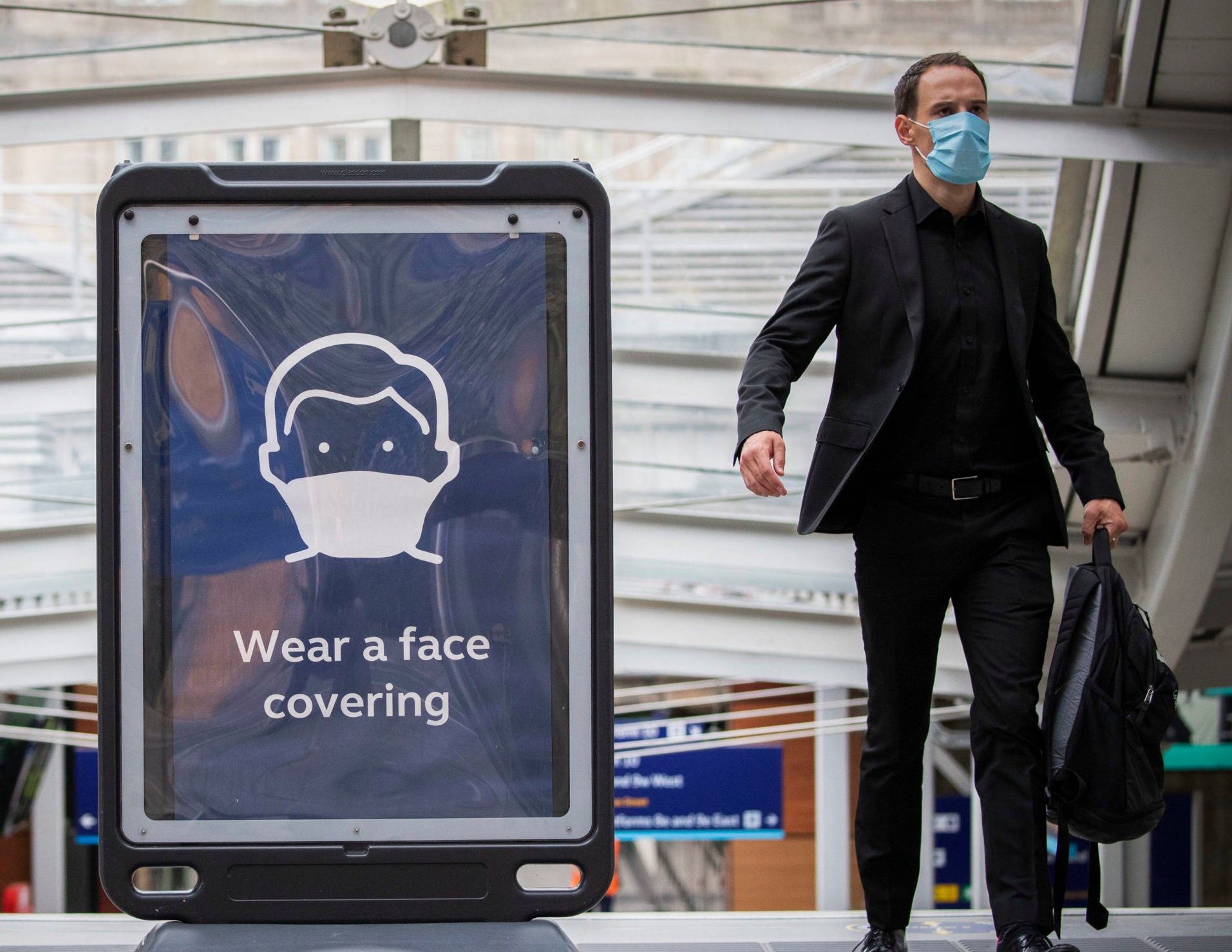
The coronavirus crisis is a human rights crisis – and an opportunity for governments to intensify their attacks on press freedom and freedom of speech
Death threats, prosecution, online smear campaigns instigated by the government: this is not something that UK-based journalists expect in response to their work reporting on coronavirus. Yet it’s an increasing part of life in the media in many countries around the world.
In Serbia, for example, journalist Ana Lalic was charged with causing panic and unrest after writing an article on PPE shortages. The charges were eventually dropped, but since her release she’s received death threats and persistent calls to prosecute her leaving her in fear for her safety.
Over in Turkey, Nurcan Baysal, a journalist, writer and activist, was summoned by the police to testify for sharing articles about coronavirus measures in a prison in Diyarbakır.
Meanwhile, in Bosnia, an RTV Slon journalist and camera operator were briefly detained by police while reporting on a group of citizens which had arrived at a COVID-19 isolation centre. Despite having valid press cards and permits that allowed them to move around and work during the curfew, the police seized the journalists’ phones and deleted all the footage.
This is just the tip of the iceberg. There are many more stories like these – of journalists being prevented from doing their jobs; and of people who share their coronavirus experiences with the media being punished for having spoken out.
Indeed, the 2020 edition of the World Press Freedom Index, published by RSF, reveals a correlation between the suppression of press freedom during the coronavirus epidemic and the place of countries in the ranking, claiming that “the health crisis is an opportunity for the lowest ranked countries to intensify their repression and attacks on the press, even to impose measures that are impossible in normal times.”
Over at the human rights charity, Prisoners of Conscience, there are growing concerns about the impact of the pandemic on freedom of expression and freedom of speech. The charity provides financial and practical support to people who have been persecuted for peacefully standing up for their rights and beliefs, including journalists, bloggers and social media activists, among others.
It has noted how many journalists around the world have been harassed, threatened and arrested while trying to cover the crisis, while aggressive cyber-policing and increased online surveillance has led to healthcare workers, medical professionals, activists, political opponents being arrested.
Even before the pandemic hit, the charity’s experiences show that the situation had been deteriorating. In the last five years, Prisoners of Conscience has seen a huge increase in the numbers of applications from people who have been persecuted for exercising their rights to free speech and expression –80 per cent of whom had to flee their home countries in search of safety.
The charity is now bracing itself for an influx of applications from people who have been persecuted for sharing stories of coronavirus and for asking difficult questions of their governments.
While judging the Press Gazette Excellence in Coronavirus Reporting awards, I was moved by the hard work of the journalists in question in helping the world make sense of what was going on.
As I think about our peers around the world who face harassment, detainment and often physical and sexual violence at the hands of people who do not want them to speak truth to power, I am even more grateful for their dedication to our profession. These journalists are on the frontline of this crisis and they frequently put their own lives at risk to provide us with true and accurate information.
As the United Nations Secretary-General, António Guterres, said recently: “When journalists are attacked, societies as a whole pay a price. No democracy can function without press freedom, which is the cornerstone of trust between people and their institutions.”
We need to work together to ensure our colleagues around the world can continue to do their jobs without fear.
Becky Slack is a freelance journalist and a judge for the Press Gazette journalism awards. She is also the part-time fundraising manager at Prisoners of Conscience. www.prisonersofconscience.org
Email pged@pressgazette.co.uk to point out mistakes, provide story tips or send in a letter for publication on our "Letters Page" blog
